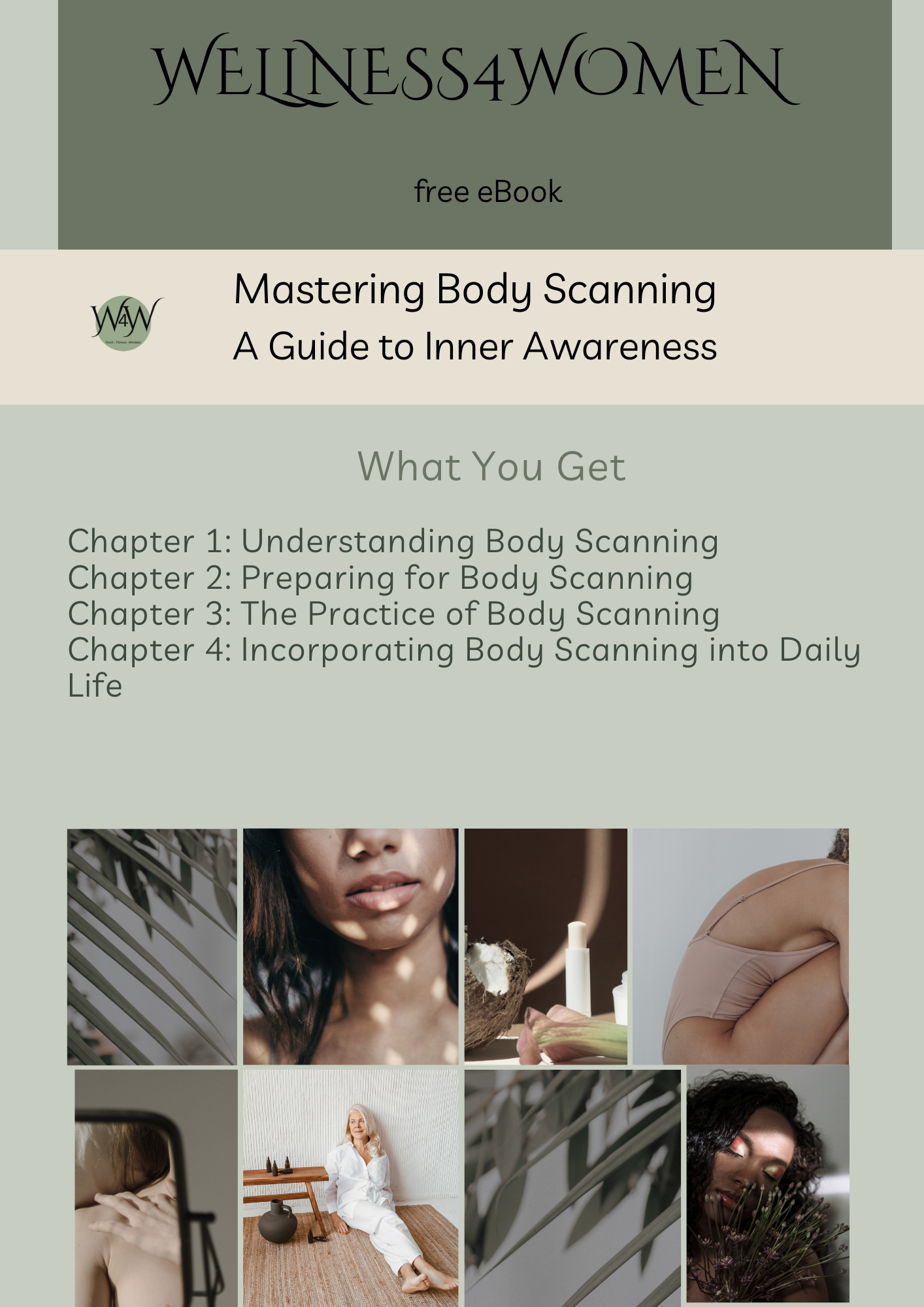It’s 2022 and the COVID variants are still with us. Healthy people are dying from this dreaded virus every single day. For example, today, I learnt of a perfectly healthy 19-year-old who had died within 48 hours of not feeling well. The autopsy revealed it was COVID related.
Later in the day, I received another call about the news of a young mum with two tiny toddlers. She tested positive for COVID 19, and she felt a bit unwell but was still walking around independently. However, her doctor decided to admit her to the hospital. As the young mum settled into her hospital bed, the nurse attending her asked how she felt. She said, “I feel a little bit unwell, but apart from that, I have no other symptoms”. Unfortunately, the next day she passed away.
On hearing this sad news of these two people who suddenly died, my heart immediately went out to these dear families who are faced with one of the worst tragedies of their lives. My Dad passed away recently, the death of a loved one is hard enough to bear when you are aware that they have but a short time to live. However, no one has time to prepare emotionally for such a horrible event when it is totally out of the blue.
At such times, it often happens that the loved ones who are left behind are so shocked by this event they either want to freeze, flight or fight the situation. Shock is a terrible state to deal with, especially if you don’t realise that you’re actually in shock. I have a section in my book “Nothing Good about Grief, shown below, which explains what shock is and how to recognise it in yourself.
Yet, in a state of shock, the loved one is expected to deal with all legalities and funeral arrangements, leaving no time to reflect or grieve. Just after a loved one dies and the body is released, each day becomes filled with notifying banks, social services, employers, collecting death certificates, notifying utility services, etc. In addition, one might be faced with arranging the care of any children left behind, not to mention any pets. Then there is the heart-breaking task of notifying friends and family of the death of the one that you dearly loved and wonder how you do without them.
The funeral arrangements alone are a massive task because one is not prepared for this and perhaps has never experienced dealing with these kinds of things before. All these tasks and others are terribly time-consuming, exhausting, and sleep does not come easy. Finally, the day of the funeral arrives totally exhausted from the previous week’s events the loved one feels as if they have hit a milestone. They are perhaps comforted with the words. It will be over soon. But in reality, no words are sufficient to bring the comfort of any kind.
What most people dread is the funeral service itself. Family and friends gather around, paying respect to their loved ones, and as the funeral service progresses, the reality of the situation is revealed, a loved one has died and will not be coming back. The day after the funeral, the loved one who is left greets not only a new day but a new lifestyle and, for many, a totally new life entirely. Now without the hustle and bustle of arranging this, and arranging that, notifying this person notifying that person is behind them, then suddenly everything comes to a standstill. Busyness does not wind down slowly but ends the day after the funeral abruptly. Here, the shock is compounded, and one may ask, what shall I do now?
None of us wishes to face the reality of death, particularly in our western culture, where we tend to tuck it away, and it is never a topic of conversation. Unfortunately, not discussing what will happen in our own death has become a cultural norm and is not helpful in times of tragedy. When we are mentally and emotionally prepared for an event, we can cope with it a lot better than when we are not prepared.
We need to talk about death & Dying
Conversing around the dinner table about death and dying prepares us all mentally and emotionally for the inevitable, however distasteful we might find it. There are many other cultures that death is part of living and is celebrated in ways that support good mental health, and we should learn from them. None of us can be prepared for sudden death. However, we can prepare for the eventuality that our loved ones and ourselves will eventually die one day.
Over the last 40 years, I have done countless funerals and supported many grieving families. I have found that those who have arranged instructions for their funeral are more likely to openly and naturally talk about death than those who don’t prepare.
It is evident to me those people who have prepared for their funerals mentally, emotionally, and taken some action, like choosing their hymns, readings, where they want the funeral to be etc. In this case, the loved ones left behind cope far better than those who don’t benefit from prior arrangements to the death.
I know this subject goes against our cultural grain, but we would be doing our loved ones a great favour if we did talk about death and dying and plan for our funerals. This is an act of love because it will be a considerable weight off our loved one’s shoulders when we die.
I’ve also met dozens of people who have been left in substantial financial debt, or their estate has been left in massive disarray due to a loved one’s death. If we love our loved ones, we will get our affairs in order not to overburden them at the time of our death.
I know death is not the best subject in the world, but it is a necessary one to be addressed calmly and naturally. None of us likes to think that one day we will be no more. However, the Christian hope is that that life will continue beyond this world, just in another form and in another dimension called heaven. Having this point of view and assurance that our life will continue after our death, life and death take on a completely different hue. No longer is death the scary big boogie man that must be ignored at all costs, but a fact of life that has hope for today and for an eternal future.
- ARE you nervous about the subject of death & dying?
- Do you believe that there is life after life?
- are you bereaved and finding it hard to cope?
?Psalm 23 Unwrapped: Hope in difficult times
YOUTUBE: https://www.youtube.com/channel/UCvdQ4NPTNfXSnwd3pimPh0g
FACEBOOK: https://www.facebook.com/paula.roseparish.5/
To Listen to PAULA’S POD CASTS https://anchor.fm/paula-rose-parish



